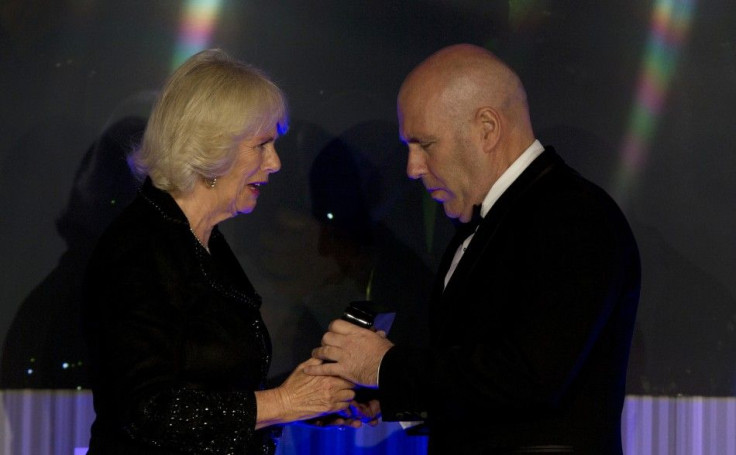Australian Writer Richard Flanagan Wins The Man Booker Award That Any English Author Can Contest From This Year

This year's Man Booker Prize of 50,000 pounds has been won by the Australian author, Richard Flanagan, for his wartime novel, "The Narrow Road to the Deep North." Calling it an extraordinary love story as well as a story about "human suffering and comradeship," AC Grayling, chair of the judges, announced the winner on Tuesday night at London's Guildhall.
The novel is set in a Japanese prisoner-of-war camp and explores the experiences of surgeon Dorrigo Evans, who continues to be obsessed with a love affair with his uncle's young wife two years earlier. It is dedicated to prisoner "san byaku san ju go," -- Flanagan's father's Japanese prison number, 335.
The book talks about a prisoner of war, a man who has been forced to work on the Death Railway between Thailand and Burma. It is an extraordinary depiction of the experiences on both sides of the war -- as if everyone is a victim. Set in the atmosphere of the construction of the Thailand-Burma Death Railway in World War II, it is based on his father, a war veteran, who died at the age of 98, just on the day that his son had finished writing his novel.
The philosopher AC Grayling said that his book was "an absolutely superb novel, a really outstanding work of literature" according to The Guardian. The book kicked "so hard in the stomach" that they could not pick up the next book for a couple of days, he added. He explained that the two wonderful themes of literature include love and war, which is what this novel is all about. The prose had magnificent force, and it bridged "East and West, past and present, with a story of guilt and heroism."
Flanagan, 53, was given his prize by The Duchess of Cornwall. Thrilled with it, he excitedly hugged her on stage. In Australia the Man Booker is sometimes seen as "something of a chicken raffle," Flanagan said, according to The Financial Review. He added that he did not expect that he would end up as the chicken!
Man Booker shortlisted authors included Ali Smith, Neel Mukherjee, Howard Jacobson, Karen Joy Fowler and Joshua Ferris. This is the first year that the Man Booker prize has been opened to all English writers beyond the Commonwealth countries. Some had feared that the U.S. writers might dominate.
"The Narrow Road to the Deep North" is the sixth novel of the Tasmanian author, and he is the third Australian to win it. Thomas Keneally's "Schindler's Ark" won it in 1982, while Peter Carey got it for "Oscar and Lucinda" (1988) and "The True History of the Kelly Gang" in 2001.
It took Flanagan 12 years to tweak his novel to get the final version. "Other novels came and went as I continued to fail to write this one," he wrote in the Sydney Morning Herald. "I wrote five different versions of this book in order to find the final novel."
His earlier books, including "Death of a River Guide," and "The Sound of One Hand Clapping," were published in 26 countries. He even directed a movie version of "The Sound Of One Hand Clapping" (1998), which starred Kerry Fox.
Last year, the Booker was won by the youngest-ever winner -- New Zealand's 28-year-old Eleanor Catton for "The Luminaries."






